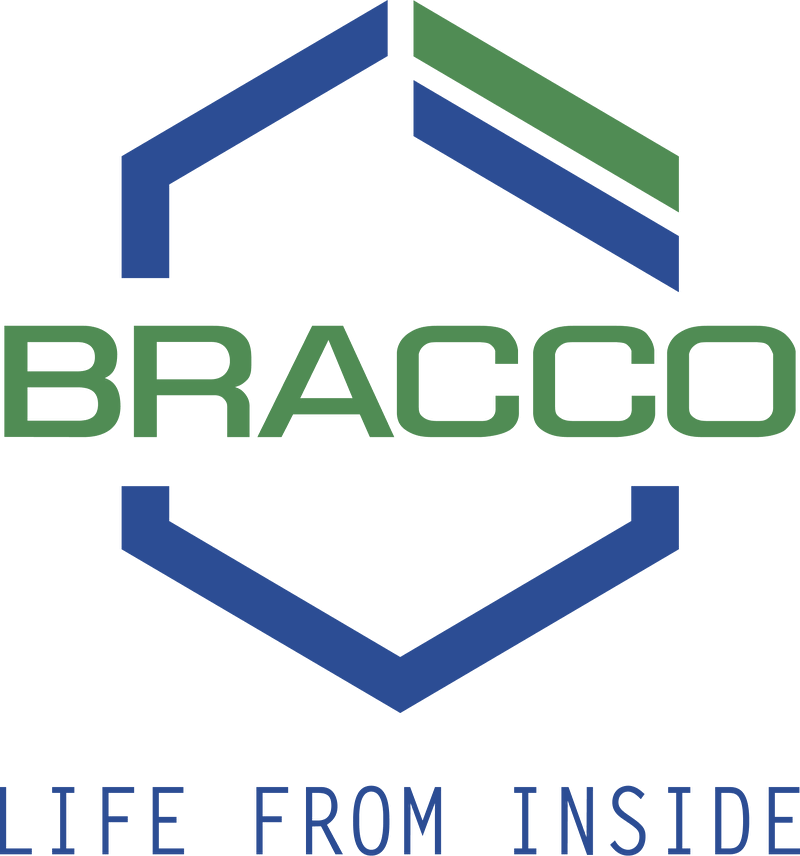Have a Question?
Charge codes for paracentesis or thoracentesis depend on area studied and findings
Q.
If paracentesis or thoracentesis is ordered and initial ultrasound scanning does not find enough fluid to drain, do we charge the appropriate paracentesis or thoracentesis code with a modifier or do we charge for a limited US of the chest or abdomen?
A.
Report the limited diagnostic ultrasound – CPT code 76705 or 76604–52, depending upon the anatomic area studied.
Clinical Examples in Radiology, Winter 2012:
For circumstances when paracentesis is requested and the ultrasound localization images demonstrate no fluid, it is appropriate to code for the localization images— and only the localization images—that resulted in the decision to discontinue the requested procedure. When the ultrasound is used for fluid localization only, there is no reason to image all elements required for a full and complete abdominal study. Ultrasound localization is reported with the limited ultrasound of the abdomen code 76705, Ultrasound, abdominal, real time with image documentation; limited (e.g., single organ, quadrant, follow-up).
ACR Coding Source, September/October 2005:
When image-guided fluid aspiration is requested (e.g., for paracentesis or for thoracentesis), and the ultrasound localizing images demonstrate no fluid, then it would be appropriate to code for the localizing limited ultrasound—and only the limited ultrasound—that resulted in the decision to discontinue the requested procedure. For example, because a full chest ultrasound is a fluid search, ultrasound localizing images of the chest would be reported with the ultrasound of the chest code (76604). There is no reason to image all elements required for a full and complete abdomen, therefore, ultrasound localization images of the abdomen would be reported with the limited ultrasound of the abdomen code (76705).
Now, having said that, for outpatient hospital billing under OPPS, if you prep a patient, bring them back to the procedure room, and then are unable to complete the procedure, you do have the option of billing the scheduled procedure with modifier 73 (if cancelled before any kind of anesthetic, including local), or 74 (after anesthesia). But the patient must have been prepped and brought to the procedure room before applying those modifiers.
